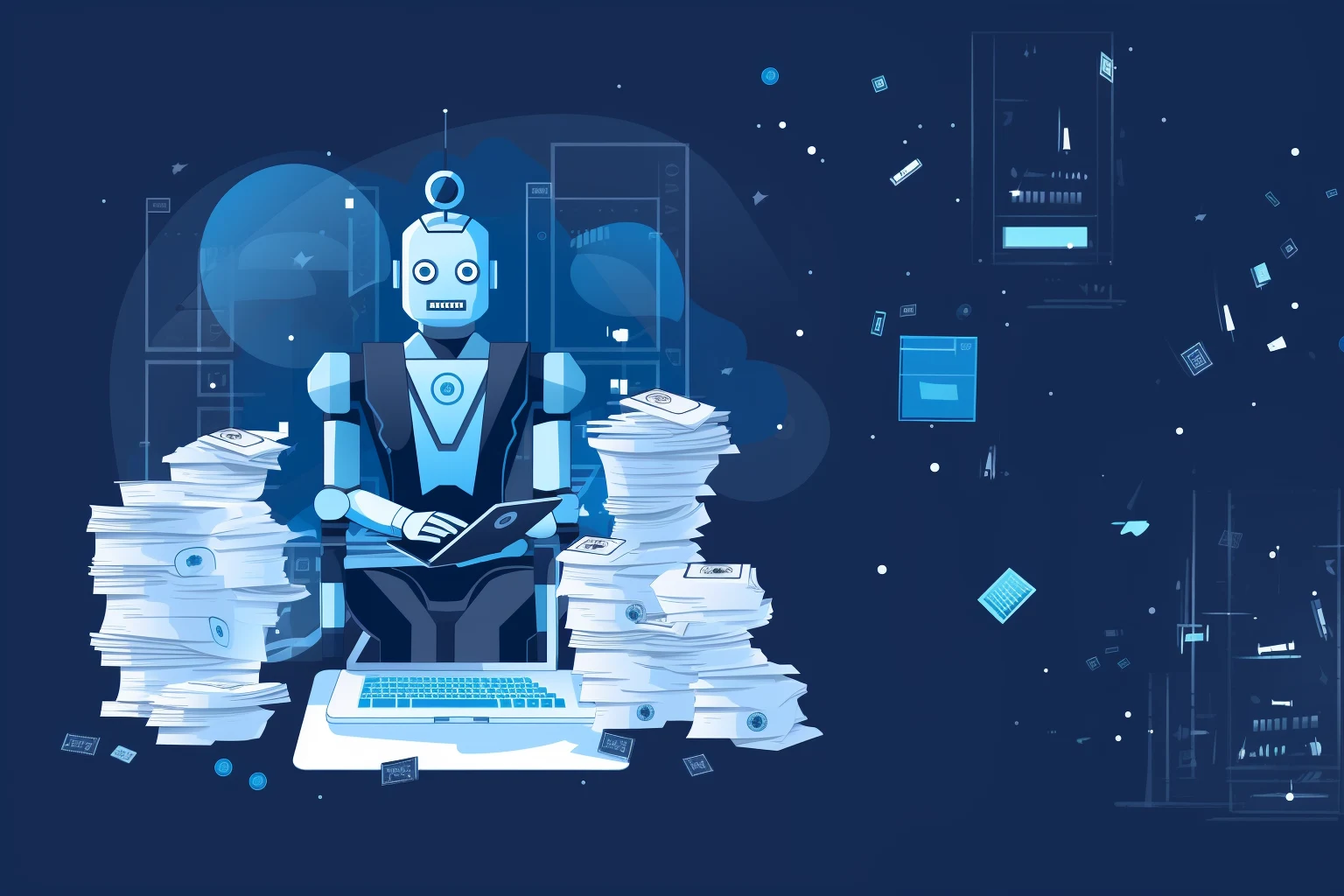Ethical AI: Charting a Human-Centered Future
A call to safeguard our values, empower society, and place humanity at the heart of artificial intelligence.
Strategic Pillars for Ethical AI
1. Global Collaboration
Unite policymakers, technologists, and communities in shaping AI governance based on shared human values.
2. Cultural and Ethical Safeguards
Develop frameworks grounded in democracy, dignity, and long-term thinking, not short-term profit.
3. Spiritual and Moral Wisdom
Incorporate insights from religious, philosophical, and Indigenous traditions to reinforce human-centered design.
The Risks of Unchecked AI
Loss of Human Autonomy
Overreliance on AI may lead to decreased human decision-making and diminished accountability.
Weaponization & Surveillance
AI is already used for mass surveillance and military applications without transparent oversight.
Disinformation & Manipulation
Generative AI can easily create fake news, propaganda, and identity-deception at scale.
Read Our Open Letter on Ethical AI
Join global leaders, researchers, and citizens who are calling for responsible AI development. Our open letter lays out the urgent steps needed to protect human dignity and democracy.
📜 Read the Open LetterPrinciples of a Human-Centered AI Future
Transparency
AI systems must be explainable, interpretable, and open to public scrutiny. The logic behind algorithmic decisions—especially those affecting lives—must be communicated in clear terms. Transparency enables trust and empowers citizens, regulators, and developers to ensure systems operate with integrity.
Accountability
Human oversight must remain at the center of AI governance. Developers, deployers, and governing institutions must be held responsible for how AI is used. Accountability mechanisms—legal, ethical, and technical—ensure that harms are addressed, corrected, and prevented.
Privacy
AI must uphold the fundamental right to privacy. This includes respecting user consent, minimizing intrusive surveillance, and ensuring that personal data is protected, anonymized, and never exploited for manipulation or commercial gain without clear boundaries.
Justice & Equity
AI must be designed and deployed to reduce inequality—not reinforce it. Systems must be audited for bias, inclusively tested across diverse populations, and guided by the principle that no group should be disproportionately harmed or excluded from benefits.
Safety & Reliability
AI must be tested rigorously before deployment, especially in critical sectors like healthcare, finance, and security. Systems should function as intended, fail gracefully, and include fail-safes to prevent autonomous actions that could lead to catastrophic consequences.
Human Agency
AI should augment—not replace—human capabilities. Individuals must retain the right to opt out, override, or question algorithmic decisions. Ethical AI respects human autonomy, dignity, and the right to meaningful participation in decisions that affect our lives.
